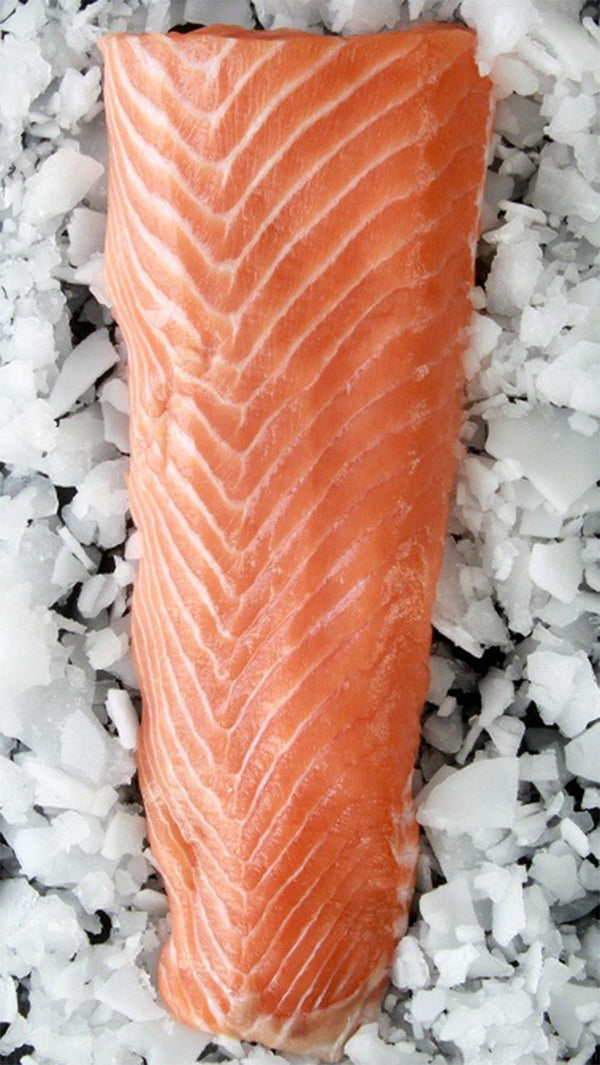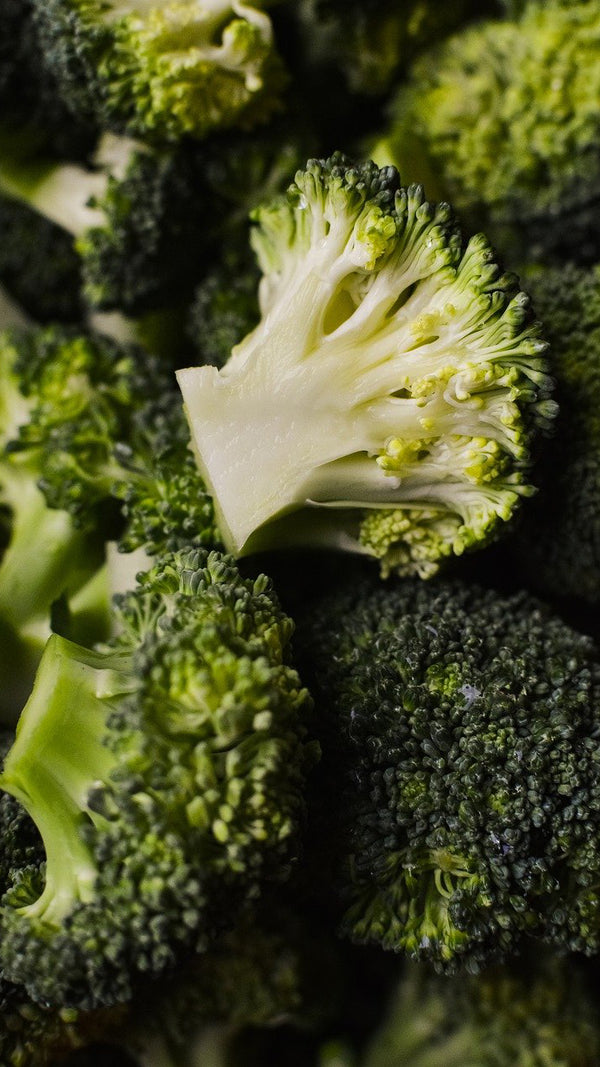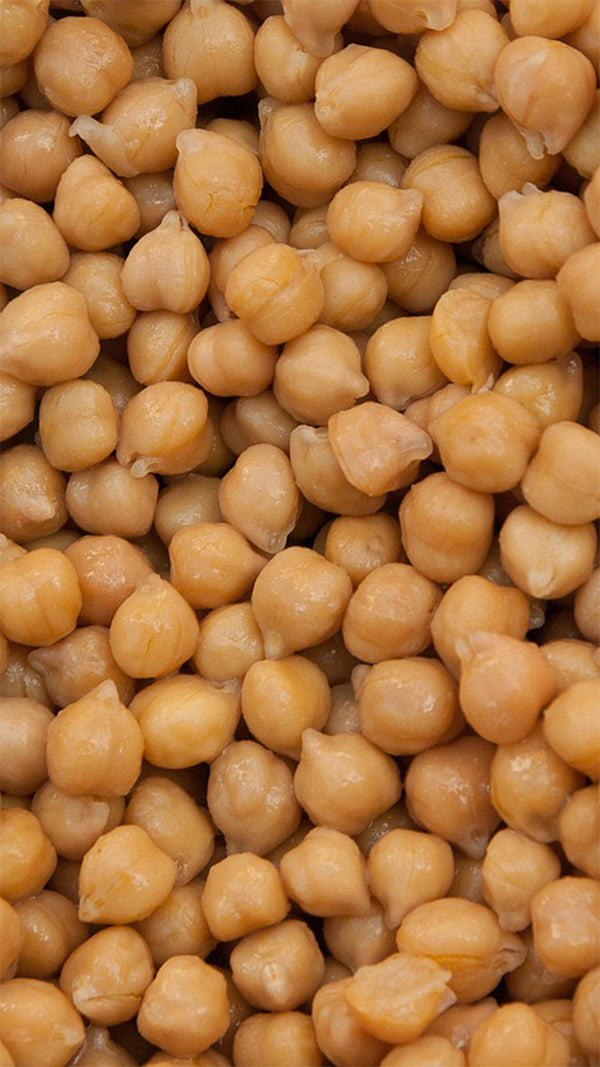Our Difference: Our Ingredients

Magnesium
Magnesium helps address magnesium deficiencies linked to autoimmune conditions like Graves' disease[1,2] and could improve thyroid function and morphology when combined with stress management therapy.[3]
Sources
- Magnesium Metabolism in Hyperthyroidism — Endocrine Journal, 1996
- Impact of Methimazole Treatment on Magnesium Concentration and Lymphocytes Activation in Adolescents with Graves’ Disease — Biological Trace Element Research, 2013
- The WOMED model of benign thyroid disease: Acquired magnesium deficiency due to physical and psychological stressors relates to dysfunction of oxidative phosphorylation — BBA Clinical, 2015

Selenium
Sources
- Selenium and Selenoproteins in Immune Mediated Thyroid Disorders — Diagnostics
- Current and Emerging Treatment Strategies for Graves’ Orbitopathy— Drugs, 2019
- Effects of Selenium Supplementation on Graves’ Disease: A Systematic Review and Meta-Analysis — Evidence-Based Complementary and Alternative Medicine, 2018

Meriva® Turmeric
Curcumin is part of a group of compounds known as polyphenols, which are abundant in plant-based foods, such as turmeric, and serve as powerful antioxidants.[1, 2]
We chose Meriva® Turmeric by Indena because of its high absorption rate, improved dissolution profile, and superior physical and chemical stability.*
*As claimed by the manufacturer.
Sources
- The Effect of Curcumin Phytosome on the Treatment of Patients with Non-alcoholic Fatty Liver Disease — Pharmacological Properties of Plant-Derived Natural Products and Implications for Human Health, 2021
- Dietary Plants for the Prevention and Management of Kidney Stones: Preclinical and Clinical Evidence and Molecular Mechanisms — International Journal of Molecular Sciences, 2018

Vitamin D3
Sources
- Effect of Vitamin D3 on Untreated Graves’ Disease with Vitamin D Deficiency — Clinical Medicine Insights: Case Reports, 2014
- The Role of Vitamin D in Thyroid Diseases — International Journal of Molecular Sciences, 2017
- Serum vitamin D levels are decreased in patients without remission of Graves’ disease — . Endocrine, 2013

Vitamin K
Sources
- Hyperthyroidism-associated hypercalcemic crisis: A case report and review of the literature— Medicine, 2017
- The role of vitamin K in soft-tissue calcification — Advances in Nutrition, 2012
- The Synergistic Interplay between Vitamins D and K for Bone and Cardiovascular Health: A Narrative Review — International Journal of Endocrinology, 2017

Alpha Lipoic Acid
Sources
- Hepatotoxicity in hyperthyroid patient after consecutive methimazole and propylthiouracil therapies — Endocrinology, Diabetes & Metabolism Case Reports, 2018.
- Protective Efficacy of Alpha-lipoic Acid against AflatoxinB1-induced Oxidative Damage in the Liver — Asian-Australasian Journal of Animal Sciences, 2014
- α-Lipoic acid inhibits liver fibrosis through the attenuation of ROS-triggered signaling in hepatic stellate cells activated by PDGF and TGF-β — Toxicology, 2011

Vitamin B12
Sources
- Prevalence of vitamin B-12 deficiency among patients with thyroid dysfunction — Asia Pacific Journal of Clinical Nutrition, 2016
- Vitamin B12: Fact Sheet for Health Professionals — National Institutes of Health, 2024

Zinc
Zinc homeostasis is significantly altered in individuals with thyroid disease.[1] Zinc deficiency may contribute to the worsening of hyperthyroidism. Thus, Zinc supplementation may improve the condition.[2]
However, some studies show that excessive* zinc intake can stimulate the thyroid gland and potentially contribute to hyperthyroidism.[3]
*The upper threshold of zinc intake for women, as established by the FDA, is 40 milligrams per day. Hyperveda’s formulation is designed to offset potential deficiencies at only 5mg per day, making it safe for most individuals.
Sources
- Alterations in magnesium and zinc metabolism in thyroid disease — Metabolism, 1988
- Correlation of Serum zinc with TSH in hyperthyroidism — Asian Journal of Medical Sciences, 2015
- Impact of zinc on thyroid metabolism — Journal of Diabetes, Metabolic Disorders & Control,2018
